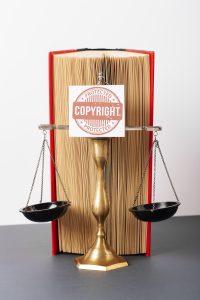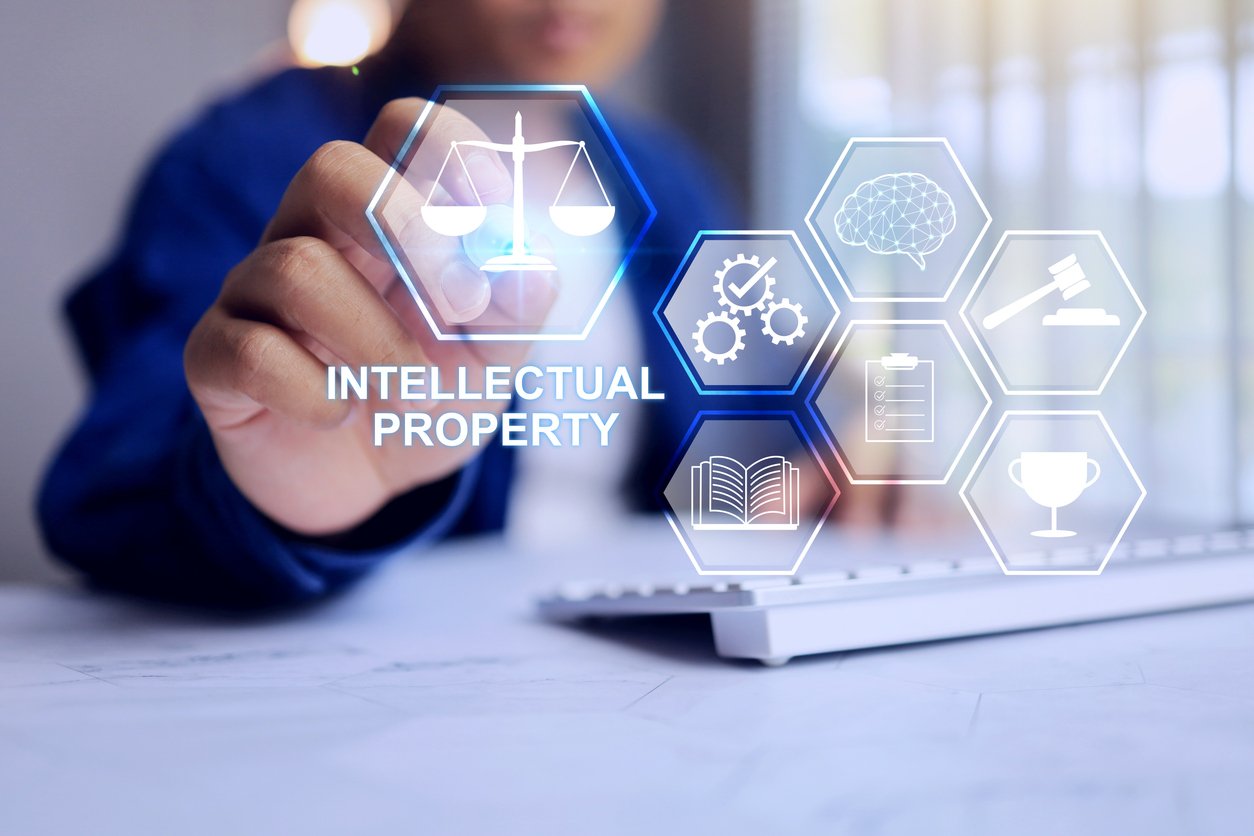 In today’s digital age, safeguarding creative works is more critical than ever. Copyright law provides creators with the legal rights to protect their original works, ensuring they maintain control and benefit financially from their intellectual property. This blog explores the fundamentals of copyright law, including what it covers, how it works, and how Law Advocate Group, LLP can assist you in protecting your creative endeavors.
In today’s digital age, safeguarding creative works is more critical than ever. Copyright law provides creators with the legal rights to protect their original works, ensuring they maintain control and benefit financially from their intellectual property. This blog explores the fundamentals of copyright law, including what it covers, how it works, and how Law Advocate Group, LLP can assist you in protecting your creative endeavors.
What Is Copyright Law?
Copyright law grants creators exclusive rights to their original works of authorship. These rights are protected under the U.S. Copyright Act, giving creators control over how their works are used and distributed.
What Can Be Copyrighted?
• Literary Works: Books, articles, and poems.
• Visual Art: Paintings, drawings, and photographs.
• Music and Sound Recordings: Original compositions and recordings.
• Film and Television: Screenplays and audiovisual works.
• Digital Content: Websites, software, and online content.
What Cannot Be Copyrighted?
• Ideas, procedures, or methods.
• Facts or data.
• Titles, slogans, or short phrases (though these may be trademarked).
How Does Copyright Work?
Automatic Protection
Copyright protection is automatic once an original work is created and fixed in a tangible medium, such as written on paper, saved to a computer, or recorded. No formal registration is required to establish rights.
Duration of Protection
Under current law:
• For works created after January 1, 1978: Copyright lasts the life of the author plus 70 years.
• For works made for hire or anonymous works: Protection lasts 95 years from publication or 120 years from creation, whichever is shorter.
Exclusive Rights Granted
Copyright holders are entitled to:
• Reproduce the work.
• Distribute copies.
• Perform or display the work publicly.
• Create derivative works.
Copyright Infringement and Remedies
What Constitutes Infringement?
Copyright infringement occurs when someone uses a protected work without permission in a way that violates the copyright holder’s exclusive rights. Common examples include:
• Unauthorized reproduction or distribution.
• Plagiarism or appropriation of artistic elements.
Remedies for Infringement
• Cease and Desist Orders: To stop unauthorized use.
• Damages: Financial compensation for losses caused by infringement.
• Injunctions: Court orders preventing further misuse.
Why Register Your Copyright?
Although copyright protection is automatic, formal registration with the U.S. Copyright Office provides additional benefits:
• Legal Evidence: Establishes ownership in case of disputes.
• Statutory Damages: Allows copyright holders to recover damages without proving actual losses.
• Public Record: Ensures your copyright is recognized in public records.
Understanding the fundamentals of copyright law is essential for protecting your creative works and ensuring your intellectual property remains secure. If you need assistance with registering copyrights, enforcing your rights, or addressing infringement issues, Law Advocate Group, LLP is here to help. Contact us today to safeguard your creations and secure your legal rights.



